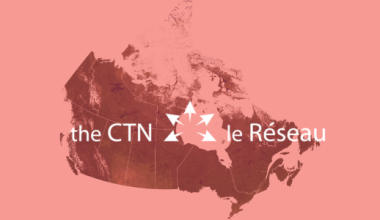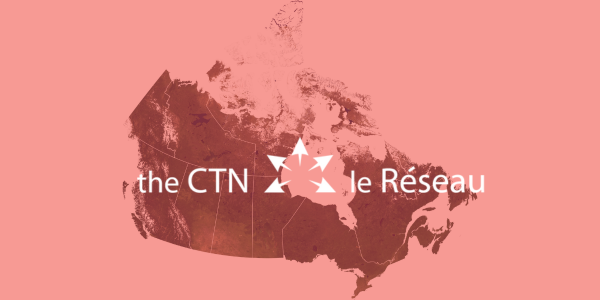
Dr. Priscilla Medeiros, CTN Postdoctoral Fellow at Women’s College Research Institute, describes her ongoing work with CHIWOS on the experiences and health priorities of women living with HIV.
Women represent one of the fastest growing HIV-positive groups, accounting for more than half of the number of people living with HIV worldwide and nearly one-quarter of cases in Canada. However, there is limited knowledge about the health, needs, and care of Canadian women living with HIV.
Most of the available research data and literature focuses instead on HIV among gay, bisexual, and other men who have sex with men; this is understandable, because these populations account for the largest number of all HIV diagnoses in Canada. However, the lack of research specific to women has historically rendered women invisible in the epidemic in Canada and in most settings around the world.
In response, more recent studies focusing on women are bringing to light the lived experiences of women living with HIV in Canada, including their sexual and reproductive health needs and rights. The research is also helping to describe the important history of violence and trauma and ensuing mental health issues among some women. And, most importantly, this work highlights the resilience and strength that women harness for their health and wellbeing and that of their families and communities.
The Canadian HIV Women’s Sexual and Reproductive Health Cohort Study (CHIWOS; CTN 262) is a leading contributor to the body of knowledge that focuses on the experiences of women living with HIV in Canada and to the development of the women-centered HIV care (WCHC) Model. As part of CHIWOS, a total of 1,422 women living with HIV in British Columbia, Ontario, and Quebec were enrolled and completed baseline questionnaire and two follow-up assessments. CHIWOS has collected extensive information about demographics, social and psychological factors, and sexual and reproductive health of participants.
For my CTN Postdoctoral Fellowship project, I have designed a cross-sectional study that builds on the CHIWOS protocols and uses the existing data from the baseline questionnaire. Starting with the province of Ontario, my project aims to learn more about the geographic implications of healthcare and community-based service experiences of the CHIWOS participants.
I will be using geographical information software to create interactive maps that show the locations, distributions, and intensities of the barriers to care and quality of life that these women face. This is the first use of such an approach to study women’s experiences living with HIV who have enrolled in CHIWOS.
My project has two goals. These are to determine: (a) if certain geographic regions in Ontario have higher levels of barriers to care and quality of life for these women, and (b) if there are clear associations between the barriers to care and quality of life in my geographic visualizations. These findings will help in further documenting the lived experiences of women living with HIV and will contribute to the improvement and future expansion of women-centered HIV care across the country.
The second part of my research project will focus on expanding CHIWOS into the Maritime Provinces using the WCHC Model. The findings of this part of my project will help to validate the WCHC Model and toolkits. It will also make sureeach part of the model captures the realities of women living in provinces where HIV is less common. We are currently applying for funding to start this new and exciting expansion of CHIWOS.






